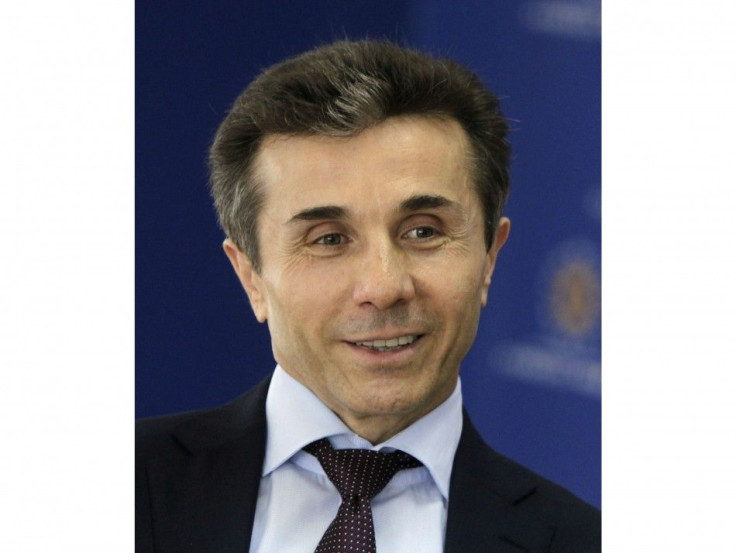Georgia Election Results: Mysterious Billionaire Ivanishvili May Take Over Tbilisi; Saakashvili Concedes

Georgian President Mikheil Saakashvili conceded defeat for his political party, the United National Movement on Tuesday as the results of Monday’s parliamentary election were still being tallied.
The opposition alliance, called Georgian Dream, took 55.1 percent of the vote to the UNM's 40.1 percent, the Central Election Commission reported Wednesday morning, with about 96 percent of precincts reporting, according to The New York Times.
Georgian Dream is expected to take over the parliament in the first democratic transfer of power since the former Soviet republic in the Caucasus gained independence more than two decades ago. The coalition, headed by the eccentric billionaire Bidzina Ivanishvili, has been vague about its plans.
The international community is holding its breath to see whether the pro-Western administration of the past nine years will give way to a new era of Kremlin-friendly policies.
This was a closely fought election, so President Saakashvili sought to allay tensions when he addressed the media on Tuesday.
“After summarizing the preliminary results of parliamentary elections, it is obvious that the coalition Georgian Dream has gained an advantage in these elections,” he said in a statement, according to Reuters.
“It means that the parliamentary majority should form a new government, and I, as the president, will contribute -- in frames of the constitution -- to the process of launching parliament’s work so that it is able to elect its chairman and also to form a new government.”
Though UNM will now lose control of parliament, Saakashvili will stay on as president until his final term ends next year. If official election results match current predictions, he will have no chance of holding on to power by becoming prime minister.
Opposition leader Bidzina Ivanishvili, whose estimated wealth of $6.4 billion is nearly half of Georgia’s GDP, celebrated his apparent victory by criticizing Saakashvili’s record over the past nine years, telling reporters that the president’s reform ideology “was all based on lies.”
Saakashvili has presided over sweeping changes in Georgia. He was a leading figure in the 2003 Rose Revolution that overthrew a Kremlin-allied strongman, ushering in a new era of modernization. Under the UNM, endemic corruption was routed, and economic policies were engineered to encourage greater integration with Europe and the West. GDP has been growing at an average rate of nearly 6 percent per year.
But poverty and unemployment are still rampant, and Ivanishvili focused on these issues during his campaign.
Things took a decisive turn on Sept. 18, when a video showing brutal prison abuse was released on media outlets linked to the opposition. The clip, circulated on YouTube, showed inmates being physically abused and forcibly raped by guards and officers. It exposed a pattern of horrific mismanagement and human rights abuse in a country that, under Saakashvili, has clamped down aggressively on crime and attained one of the world’s highest incarceration rates.
In response, thousands of protesters took to the streets in the capital city of Tbilisi and elsewhere to call for an end to UNM rule. It was a crushing blow for Saakashvili, dashing hopes of an easy win in Monday's election.
Victorious coalition Georgian Dreams is an amorphous bloc composed of six different parties. It has been big on propaganda but short on concrete plans, aside from a few populist planks calling for lower taxes on the poor and greater investments in agriculture.
Critics of Georgian Dreams have alleged that the coalition would align the government too closely with the Kremlin. Ivanishvili, who made his fortune in Russia during the 1990s, vehemently denies this. Though he has indeed pledged to strengthen ties with Moscow, he also favors maintaining trade with the euro zone and keeping in good standing with NATO.
Foreign investors had been betting on a UNM victory, according to a Monday report from Financial Times. Throughout September, share prices for the Bank of Georgia rose significantly on the expectation that Saakashvili would prevail.
Now, a reversal may be in order. It will be up to Ivanishvili to assuage investors’ concerns in order to facilitate the economic growth he has promised Georgia’s 10 million people.
© Copyright IBTimes 2025. All rights reserved.





















